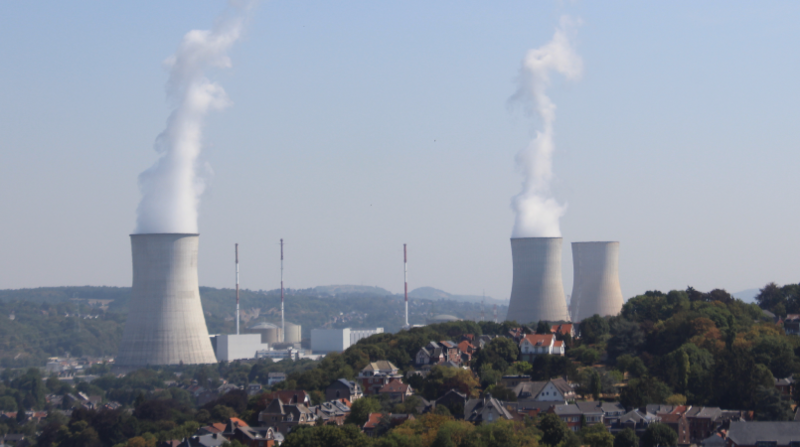
Eleven European countries have signed a declaration to “cooperate more closely” across the nuclear supply chain, with the aim of promoting “common industrial projects” in new generation
capacity and small reactors, according to a statement issued on Tuesday. The signatories signed the declaration in Stockholm, with the objective of “jointly reaffirming their desire to strengthen European cooperation in the field of nuclear energy.” French Energy Transition Minister Agnès-Pannier Runacher, who initiated the meeting, said the objective of the alliance was “to structure cooperation on the whole nuclear value chain” and provide Europe “with all the tools to reach carbon neutrality by 2050”.
The signatories to the declaration include Bulgaria, Croatia, Czech Republic, Finland, France, Hungary, the Netherlands, Poland, Romania, Slovakia, and Slovenia. The EU Commissioner for Energy, Kadri Simson, also took part in the meeting. The objectives of the cooperation are to promote research and innovation and to set “uniform safety rules in accordance with best international practice”. Crucially, it also seeks “to reinforce industrial cooperation in the development of European nuclear capacity” and to explore “common industrial projects” for new reactors.
Commissioner Simson invited the participating countries to diversify away from Russian nuclear fuels and actively participate in partnerships on small modular reactors (SMRs). Participants also “felt the need to work on a regulatory or legal framework for nuclear” that enables the technology to play its full part in decarbonising the European economy “without obviously opposing it to renewable energies,” said Pannier-Runacher.
Italy did not sign the joint declaration, although Pannier-Runacher said the group was open to new members. Sweden, which participated in the meeting, expressed interest in joining the group but chose to stay neutral because it currently holds the EU’s rotating presidency. Still, Stockholm and Paris appear committed to cooperating further on nuclear.
“On a bilateral basis, we are developing an energy partnership about nuclear power with Sweden,” said the cabinet of Agnès Pannier-Runacher, adding that “a letter of intent” was being prepared to that effect. French electricity utility EDF “is at the disposal of Swedish authorities to discuss a possible cooperation,” the French energy ministry said.
In conclusion, the signing of the declaration on nuclear cooperation by 11 European countries shows a renewed commitment to nuclear energy as an important tool in meeting climate goals, generating baseload electricity and ensuring security of supply. The focus on new technologies such as small modular reactors (SMRs) and common industrial projects to develop new reactors, as well as uniform safety rules, are important steps towards a European nuclear alliance that will provide a framework for cooperation across the nuclear value chain. Photo by Comité Écologique Belge, Wikimedia commons.









































